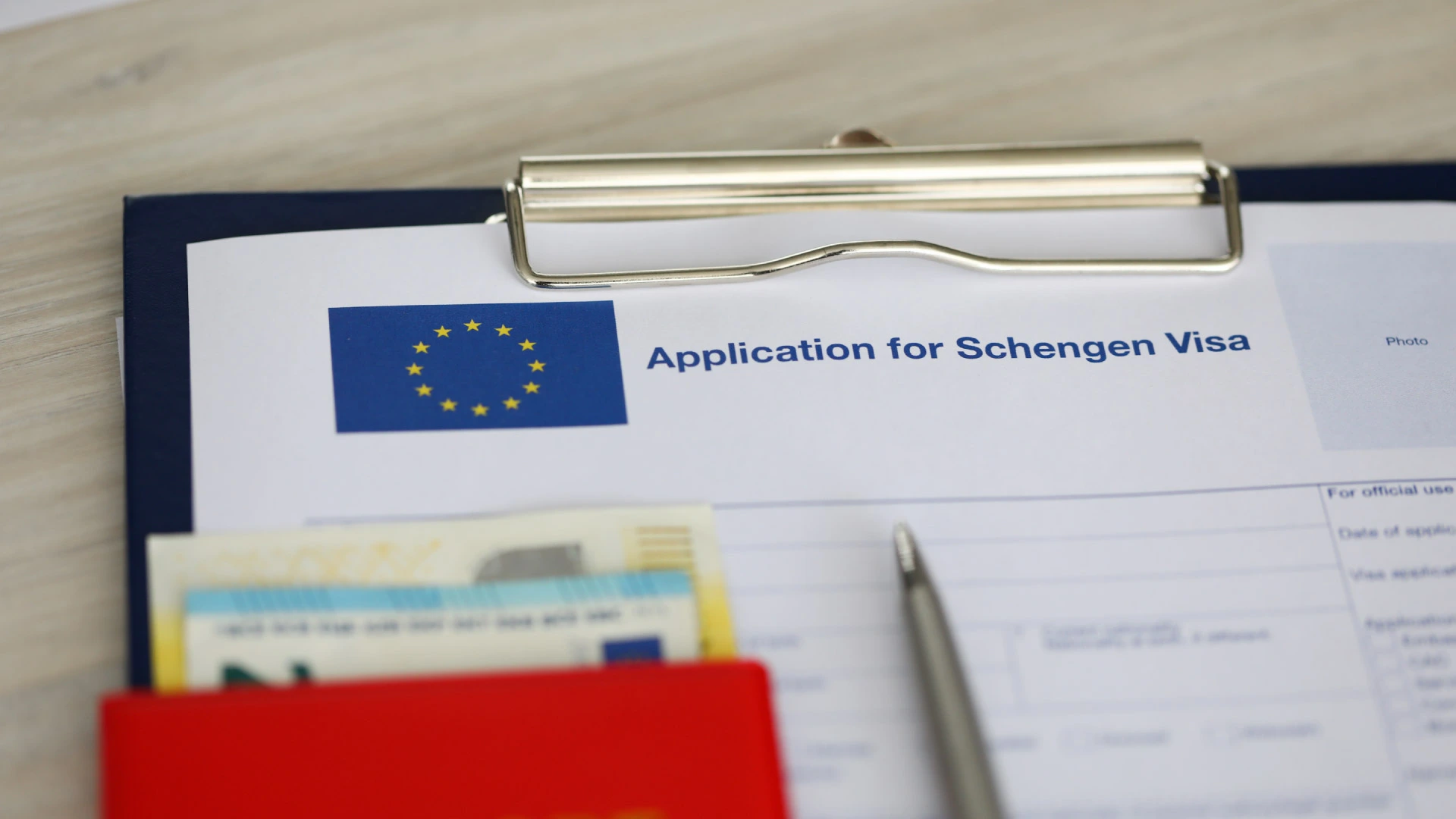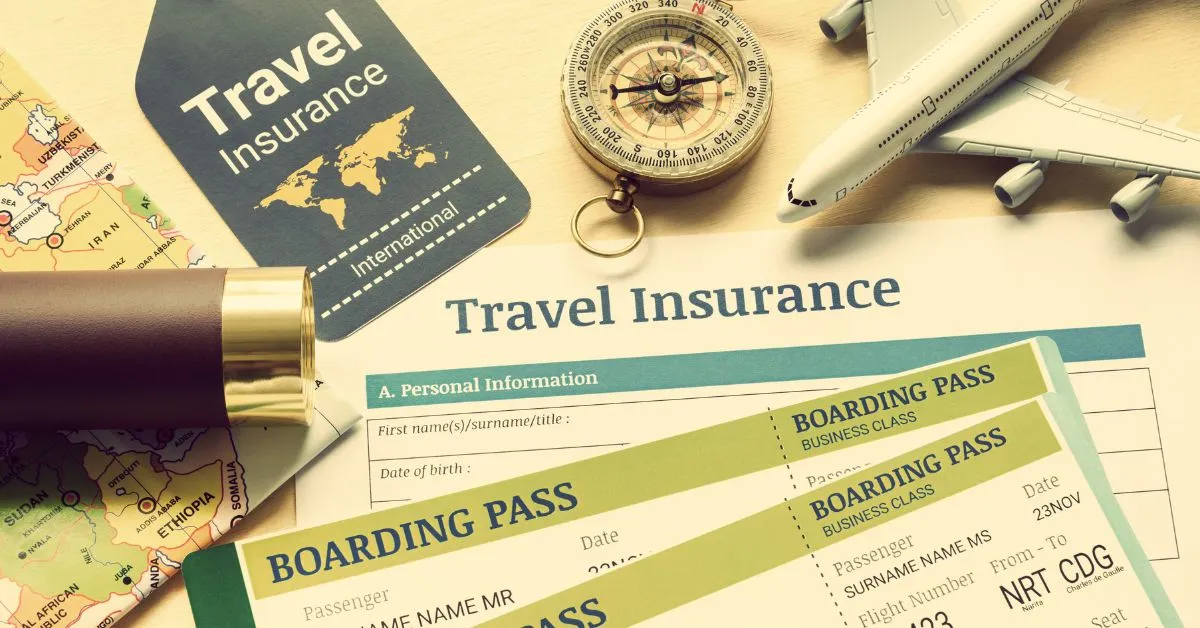What is a Schengen Visa?
A Schengen Visa is a document issued by Schengen Zone countries that allows its holder to travel and stay in these countries for a specific period, typically up to 90 days within a 180-day period. This visa was first introduced under the Schengen Agreement in 1985, which aimed to eliminate internal border controls among its member countries.
Functions and Benefits
The Schengen Visa simplifies travel between Schengen member countries without requiring passport checks at each border. This is highly beneficial for tourists and business travelers who wish to visit multiple European countries in a single trip.
Each Schengen member country follows the same regulations regarding who needs a visa to enter their territory, based on the Schengen Agreement.
List of Non-EU Countries That Require a Visa
Citizens from most non-EU and non-EEA countries need a Schengen Visa to enter the Schengen Zone. Some of the countries that require this visa include Indonesia, India, China, Russia, South Africa, and many other African and Asian nations.
Exceptions and Special Regulations
Some countries have special agreements with the European Union, allowing their citizens to enter without a visa for short-term visits. For example, citizens of the United States, Canada, Australia, and Japan do not need a visa for stays of up to 90 days.
List of Schengen Zone Countries
Here is a list of Schengen Zone countries to consider when planning your European trip:
Austria
Austria has been a Schengen member since 1995 and offers breathtaking Alpine landscapes and a rich cultural heritage.
Belgium
With Brussels as its capital and the administrative center of the EU, Belgium is a key destination for both tourists and business travelers.
Czech Republic
Known for its historic city of Prague, the Czech Republic attracts millions of visitors every year.
Denmark
Denmark, with its capital Copenhagen, offers a unique blend of modernity and history.
Estonia
Estonia is one of the Baltic countries, famous for Tallinn’s old town, a UNESCO World Heritage Site.
Finland
Finland is renowned for its natural beauty and the Northern Lights.
France
Home to Paris, France is one of the most popular tourist destinations in the world.
Germany
Germany offers diverse attractions, from the vibrant city of Berlin to the scenic Bavarian Alps.
Greece
Known for its rich history and stunning beaches, especially on islands like Santorini and Mykonos.
Hungary
Budapest, the capital of Hungary, is often regarded as one of the most beautiful cities in Europe.
Iceland
Iceland offers breathtaking natural wonders such as geysers and waterfalls.
Italy
With historic cities like Rome, Venice, and Florence, Italy is a top tourist destination.
Latvia
Latvia’s capital, Riga, is famous for its Art Nouveau architecture.
Liechtenstein
This small Alpine country is known for its castles and stunning landscapes.
Lithuania
The capital Vilnius is well known for its Baroque architecture.
Luxembourg
A major financial hub, Luxembourg also has a picturesque old town.
Malta
Despite its small size, Malta boasts a rich history and beautiful coastlines.
Netherlands
Famous for Amsterdam, the Netherlands is known for its canals and scenic landscapes.
Norway
Norway is famous for its majestic fjords and Northern Lights.
Poland
Poland features historic cities like Krakow and Warsaw.
Portugal
Portugal is known for Lisbon, Porto, and the stunning Algarve coastline.
Slovakia
Slovakia is home to Bratislava and the beautiful Tatra Mountains.
Slovenia
A hidden gem, Slovenia boasts Lake Bled and the charming capital, Ljubljana.
Spain
With Madrid, Barcelona, and Seville, Spain is a must-visit destination.
Sweden
Sweden offers breathtaking natural landscapes and the vibrant city of Stockholm.
Switzerland
Known for its Alps, stunning lakes, and cities like Zurich and Geneva.
Which Schengen Countries Are on Your Travel Itinerary?
After reading about these amazing Schengen countries, are any of them part of your European travel itinerary?
Why Do Indonesians Need a Schengen Visa?
The European Union has strict immigration policies to protect its borders and control the inflow of visitors. Non-EU countries, including Indonesia, must meet visa requirements to ensure that travelers do not pose a security or economic risk.
The Schengen Visa is a crucial tool for regulating entry and stay within Schengen member countries. It helps prevent illegal immigration and protects the security of its member states.
To apply for a Schengen Visa, you will need several documents, including a valid passport, completed application form, recent photos, proof of accommodation, travel insurance, and sufficient financial evidence. For more details on how to apply, check out our comprehensive guide that walks you through every step of the visa application process.
Conclusion
The Schengen Visa is an essential requirement for Indonesians who want to visit Schengen countries. It ensures that your travel is legal and secure while granting you freedom of movement across Schengen member states without additional border checks.































